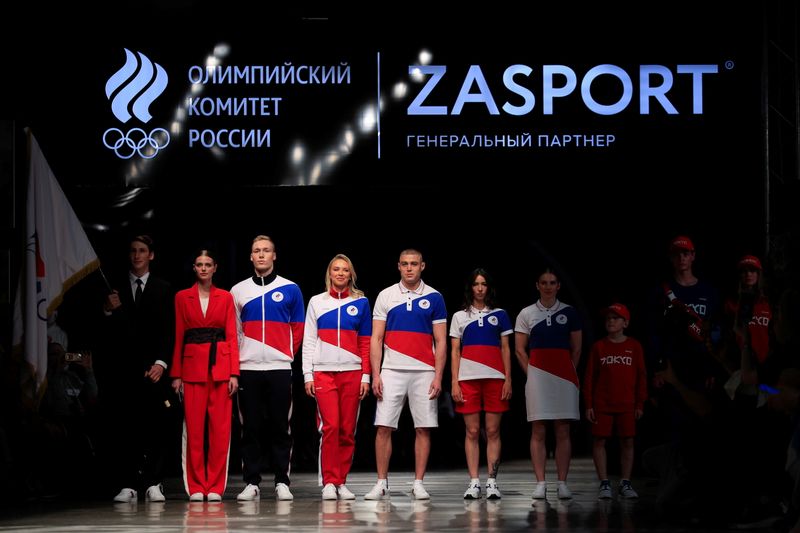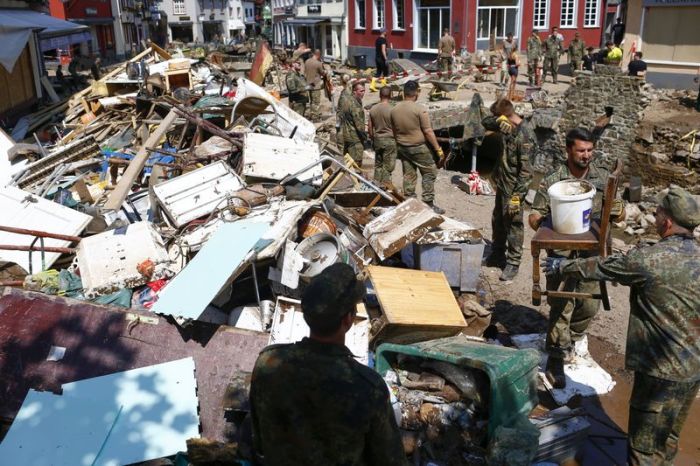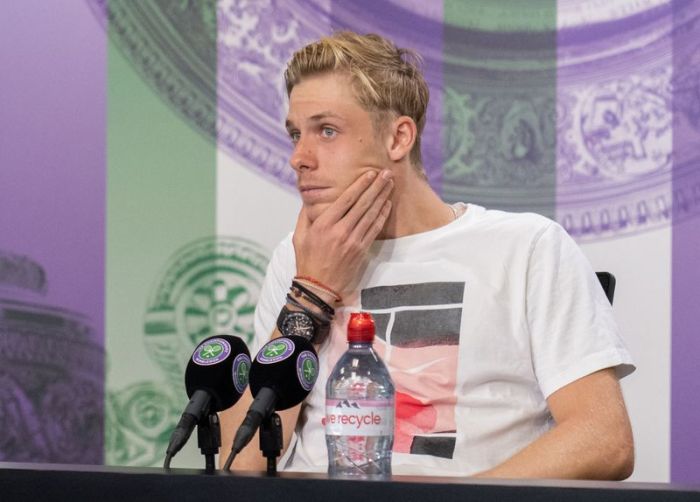TOKYO (Reuters) – The World Anti-Doping Agency (WADA) will be forced to watch as Russian athletes don uniforms in their country’s colours of red, white and blue and compete at the Tokyo Olympics, having received softened sanctions over the nation’s doping scandals.
WADA had originally banned Russia from the world’s top sporting events for four years in December 2019, but the sanctions were halved late last year by the Court of Arbitration for Sport (CAS), in a clear victory for the Russian side.
While the Russians are still not allowed to compete under their own flag, they can now wear their tri-colour uniforms instead of the neutral ones initially imposed by WADA.
With the logo of the Russian Olympic Committee and the letters ‘ROC’ on them, the uniforms are almost indistinguishable from Russian team uniforms of past Games.
“CAS closed some cases from the past and in our statements we underlined that on the one side it was a very positive decision from a legal perspective that CAS confirmed the documents and all our rules and standards,” WADA President Witold Banka told a news conference on Friday.
“But of course we as WADA remain disappointed that CAS decreased the level of the sanctions from four to two years. I think all my opinions … must rely on facts and scientific evidence.”
“That CAS allows Russian athletes to compete with the colours of the flag and the uniforms … we wanted neutral.”
Russian athletes had competed under the Olympic flag and with neutral uniforms at the Pyeongchang 2018 Winter Games when they were also suspended from taking part as Russia.
The country’s doping woes have snowballed since a 2015 report commissioned by WADA found evidence of mass doping among its track and field athletes.
Many Russian athletes were sidelined from the past two Olympics and the country was deprived of its flag in 2018 as punishment for what was revealed to be state-supported doping at the 2014 Sochi Games in southern Russia.
Russia, which has in the past acknowledged some shortcomings in its implementation of anti-doping policies, denies running a state-sponsored doping programme.
“You will see clearly what we asked for and what we got,” WADA Director General Olivier Niggli said. “If you look at what we ask for, it is not what we got, especially when talking about the uniform.”
“But what you have here is in line with the CAS decision. It is not what we wanted but it is it what we got and it is in line with what is acceptable.”
(Reporting by Karolos Grohmann; Editing by Karishma Singh)





















